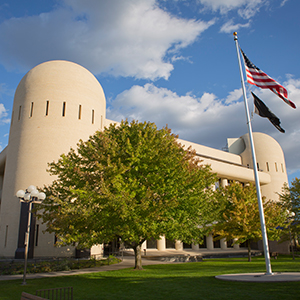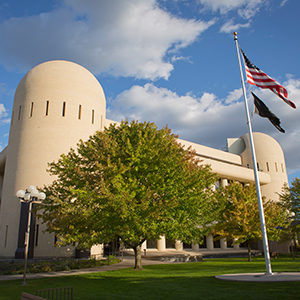29 results matching “Medical Reserve”
WIC Information for Health Care Providers
Information and forms about the Special Supplemental Nutrition Program for Women, Infants and Children (WIC) for medical practitioners.
Opioid Treatment Program
SRHD’s Opioid Treatment Program provides medications for opioid use disorder (MOUD), counseling, group therapy, and medical care for people seeking recovery from opioids.
Eligibility
To be eligible for WIC, you must meet the following criteria: You live in Washington state and have a medical or nutrition need; are pregnant, a new mother, or have a child under age 5; have foster children under age 5; have foster teens who are pregnant.
Rabies Post-Exposure Prophylaxis Can Often Be Avoided with Testing or Observation
Rabies post-exposure prophylaxis (PEP), an expensive and time-consuming series of treatments, can often be avoided in situations where the animal is available for testing or observation. Rabies PEP is a medical urgency, not an emergency, and does not need to be started in most cases* after an exposure, allowing time to determine if PEP is necessary based on the animal’s rabies status. Rabies testing can only be performed on the brain tissue of deceased animals.
Provider Resources
Find general and location-specific communicable disease prevention and reporting information as well as professional materials including template letters, forms, guides, fact sheets, and posters for medical professionals, educational institutions, and other service providers.
Provider Resources
Find general and location-specific communicable disease prevention and reporting information as well as professional materials including template letters, forms, guides, fact sheets, and posters for medical professionals, educational institutions, and other service providers.


